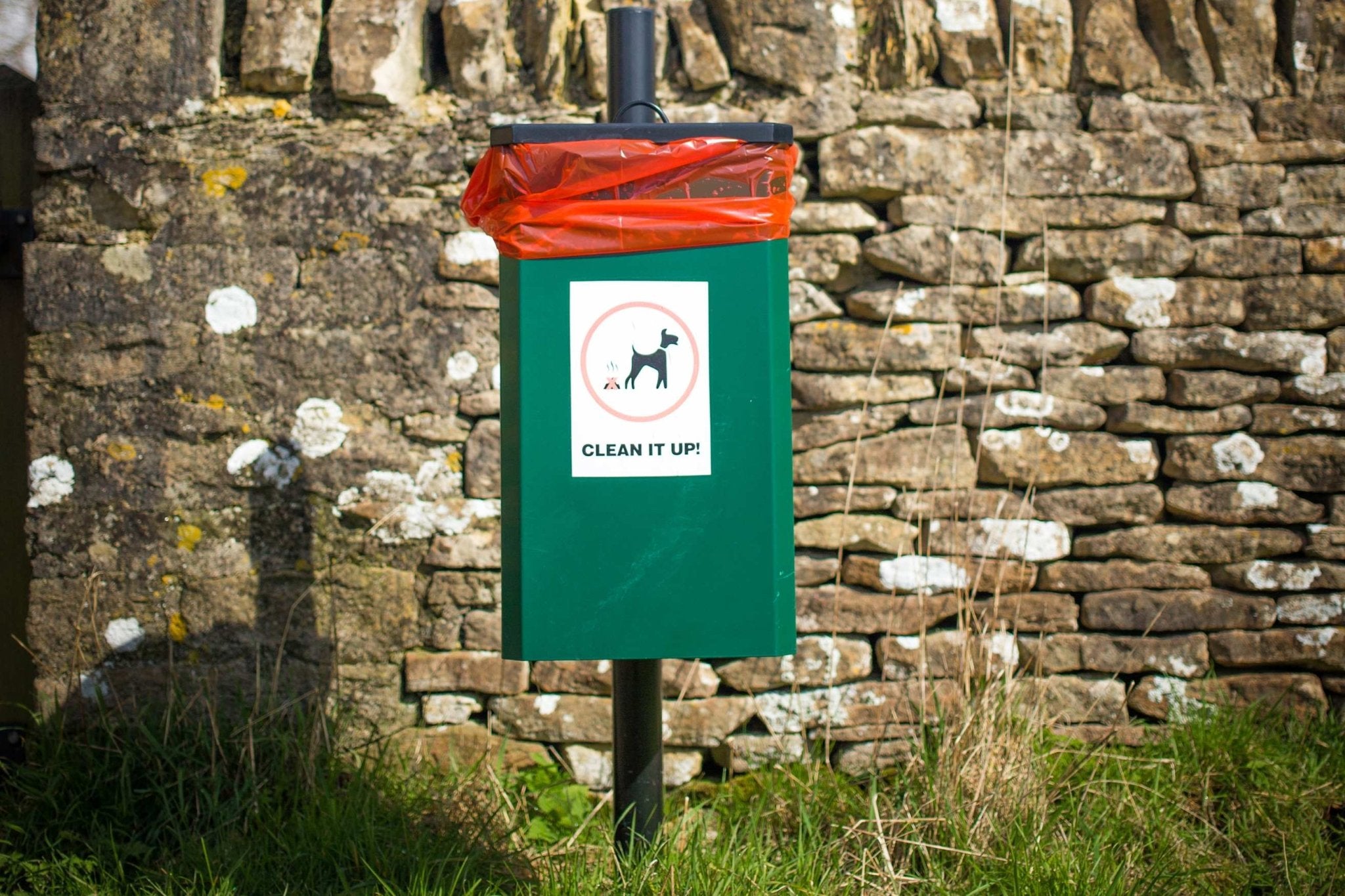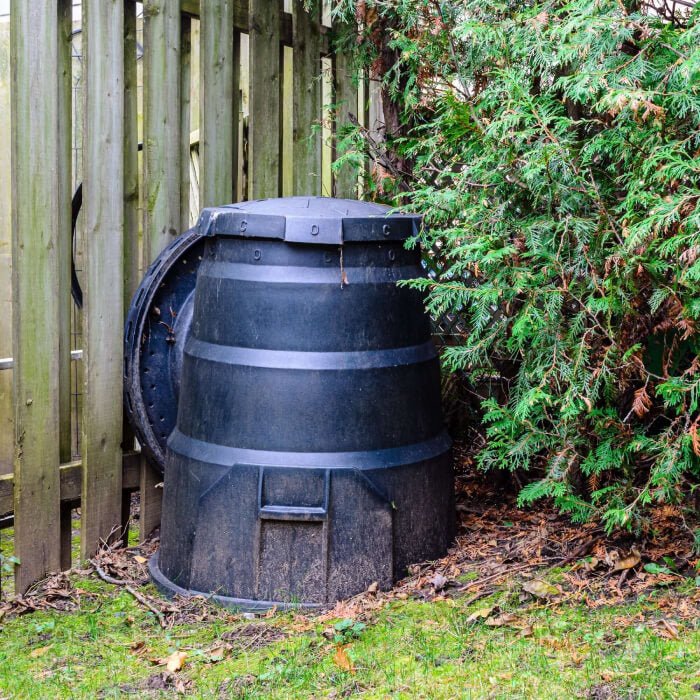It’s incredible how fast our little furry friends grow! It probably only seems like yesterday that you welcomed your little one into your home and suddenly they’re almost fully grown. It’s especially impressive when you compare them to humans who take around 18 years to become adult size, whereas cats and dogs manage this in only 12-18 months!
Therefore it is vital they obtain the correct calories and nutrients during this rapid period of growth and therefore benefit from a puppy or kitten specific diet. But when their growth slows their nutrient requirements change.
So when should you consider swapping them onto an Adult diet?
As A General Rule Of Thumb, Most Small Breed Dogs And Cats Can Switch Over When They Are About 1 Year Old.
They will have done the majority of their growing in that time so they are unlikely to need the extra calories in puppy or kitten food. However, if your little one seems to be getting on fine with their food and not becoming overweight, you don’t have to transition them right away.
Alternatively, if your pet is getting a little overweight on their puppy or kitten food and/or you’re needing to feed less than the feeding guidelines to keep them trim, you may need to opt for a lower calorie adult food when you transition them over. Ask your veterinarian what type of food and how much to feed if you are unsure.

What About Large And Giant Breed Dogs?
Large breed dogs have to do even more growing than your typical small or medium sized dog to reach full size. Therefore it is even more important not to transition these breeds onto an Adult food too soon (that being before 1 year old) despite some resources and breeders recommending otherwise. To support optimal growth for these breeds, it is also recommended to select a puppy food specifically for large breed dogs.
For Giant Breeds, Such As A Great Dane Or Mastiff, Their Growth Period Can Extend Up To 18 Months And Therefore They Can Stay On A Large Breed Growth Diet Until Then.






Leave a comment